William Petty, 2nd Earl of Shelburne (Whig, 1782-1783)
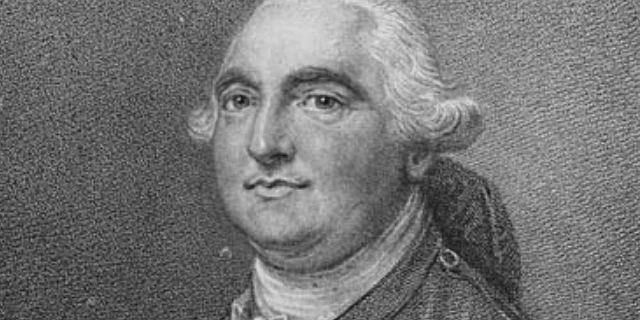
...An unhappy Irish childhood was followed by study at Christ Church, Oxford and then military service. By 1760, having seen action in the Seven Years War (1756-63), he had risen...
This series of biographies of British Prime Ministers, from Sir Robert Walpole to Gordon Brown are written by members of History & Policy, a 500+ strong network of expert historians. These new, succinct bios will be published over the coming months.
Each describes the major issues facing the PM at the time, his or her successes and failures in office, as well as personal characteristics. The series will offer readers of the History of Government Blog clear analysis and interesting insights into how Britain’s Prime Ministers have ruled across nearly 300 years.

...An unhappy Irish childhood was followed by study at Christ Church, Oxford and then military service. By 1760, having seen action in the Seven Years War (1756-63), he had risen...
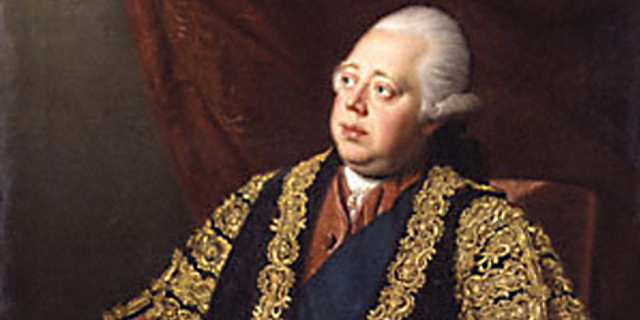
...by George III as a safe pair of hands after serving as Chancellor of the Exchequer under Pitt the Elder and Grafton from 1767, it was to North that the...
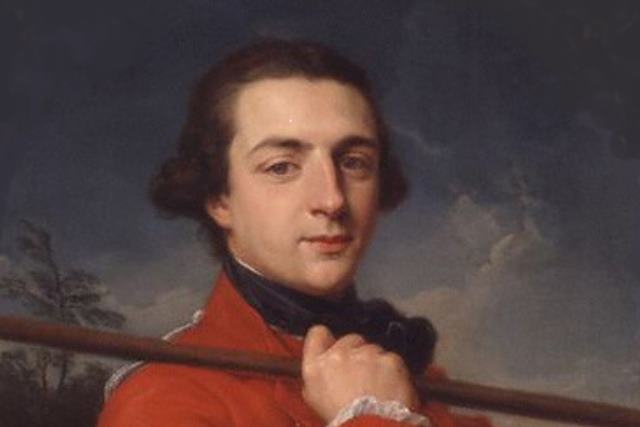
...a close associate of the Duke of Newcastle and FitzRoy was brought up within that Whig tradition. He was educated at Hackney School and then Peterhouse, Cambridge (1751-3), before undertaking...
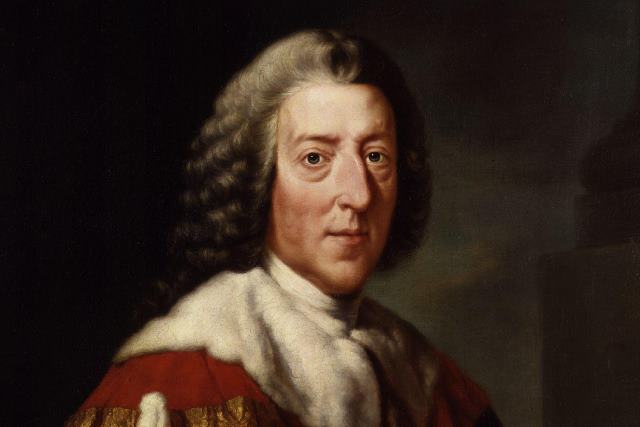
William Pitt the Elder, first Earl of Chatham, was an important war leader who found it harder to govern in peace time. Born in November 1708, Pitt’s grandfather and father were both MPs and his grandfather, Thomas, had been governor …
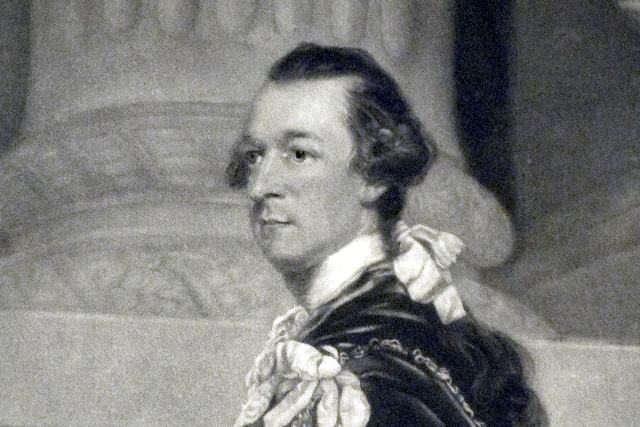
...to Mary Bright in 1752. Rockingham, like his father, was closely associated with the political grouping around the Duke of Newcastle, and his brother, Henry Pelham. His land holdings brought...
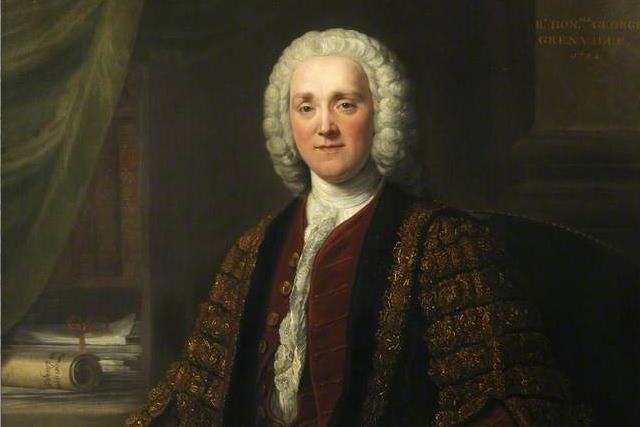
...with first the Duke of Devonshire in 1756 and then the Duke of Newcastle in 1757. His hopes of becoming Chancellor of the Exchequer were thwarted and he returned to...
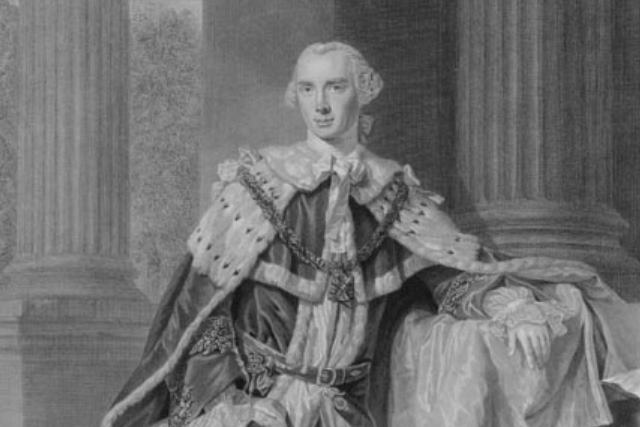
...George was a close one – he was a father-like figure for the young prince. Following George II’s death in October 1760, the new King promoted Bute quickly. He became...
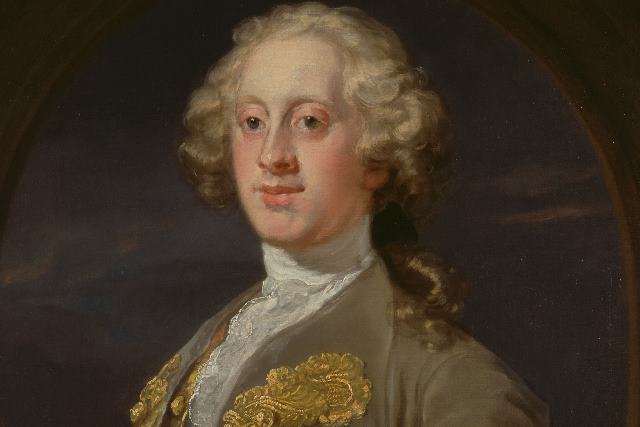
...Corps Whig grouping, led by the Duke of Newcastle, his brother Henry Pelham and the Earl of Hardwicke. He remained loyal to them throughout their, ultimately successful, struggle to displace...
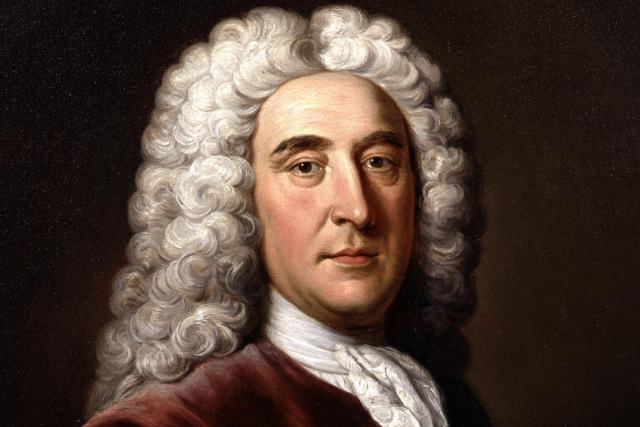
...and support the ministry’s leader in the Commons, Henry Fox, sufficiently. His attempts to prevent war in American and Europe failed. The ignominious loss of Minorca to France led Newcastle...
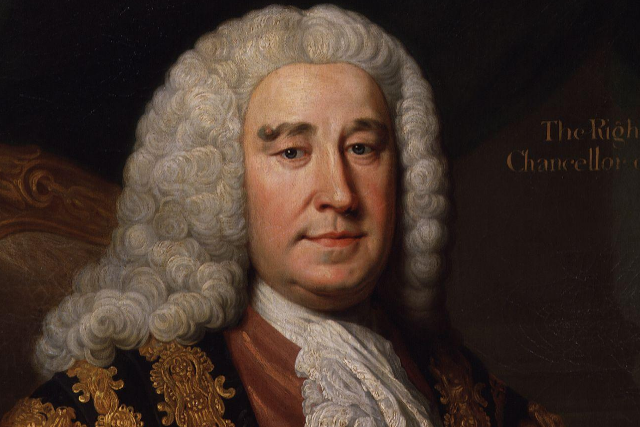
...his diplomatic skills in a period of international tension. The Old Corps Whigs were, however, slowly able to gain the upper hand over their old rival by resigning in February...